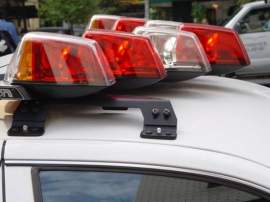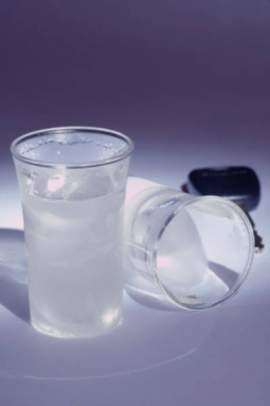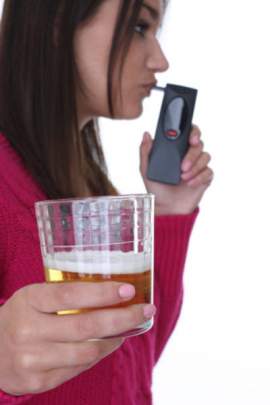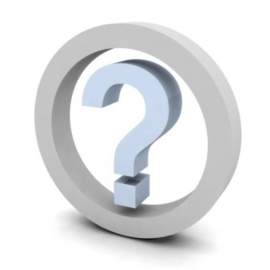
What Do I Need To Know About Sobriety Checkpoints
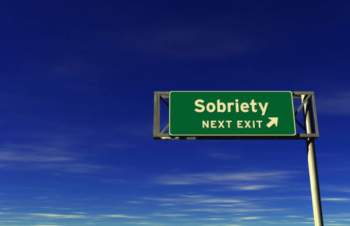
A sobriety checkpoint, also referred to as a DUI checkpoint or random checkpoint, is a roadblock conducted by the local law enforcement agency, usually with uniformed police officers. In the United States, these kinds of roadblocks are most commonly used as a way to check drivers to see if they may be driving under the influence.
Sobriety checkpoints will prove to be most common during specific holidays, such as Memorial Day, Labor Day, Fourth of July, and New Year's Eve, when there seems to be an increased amount of people celebrating with the consumption of alcohol. However, a sobriety checkpoint can occur an any point in time.
A DUI checkpoint will usually require a certain amount of preparation and organization on behalf of the local law enforcement agency, and thus, these checkpoints are usually announced ahead of time. However, the exact location of the checkpoint is usually never disclosed.
The overall purpose of sobriety checkpoints is to act as a deterrent, letting drivers know that the police agency is out looking for those that are driving while intoxicated. However, the actual effectiveness of random sobriety checkpoints is an issue of debate. Regardless, many law enforcement agencies will conduct these sobriety checkpoints and have certain success.
It is important to keep in mind that traffic laws and statutes do vary from state to state, and the actual legality of sobriety checkpoints is also a commonly questioned issue. In states where laws allow such checkpoints, it is important for drivers to plan accordingly, and avoid driving under the influence at all costs.




